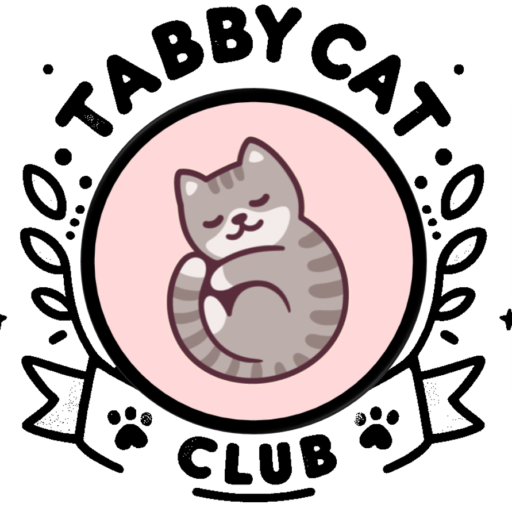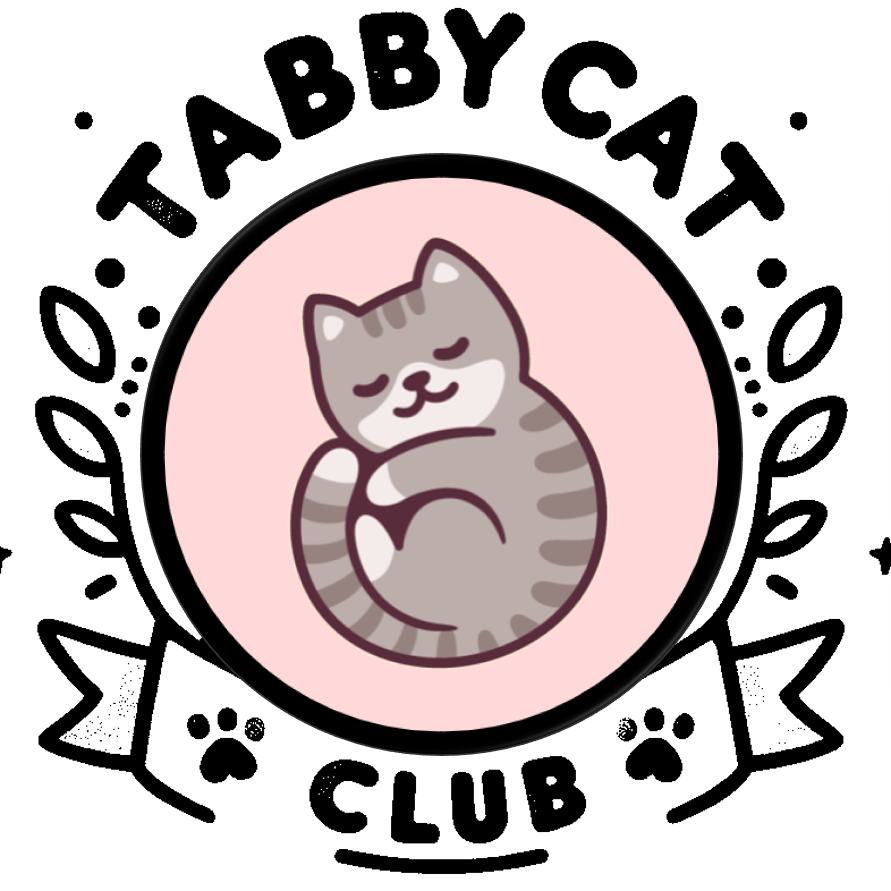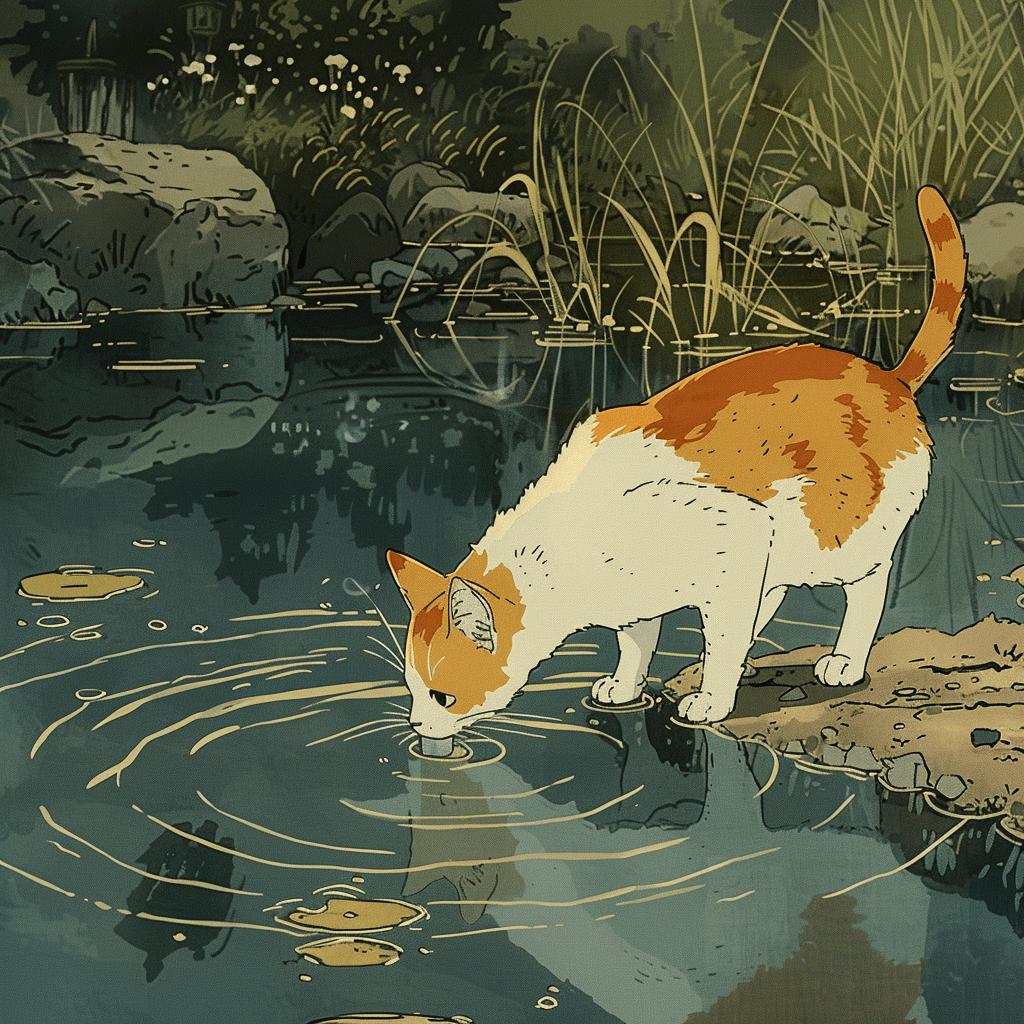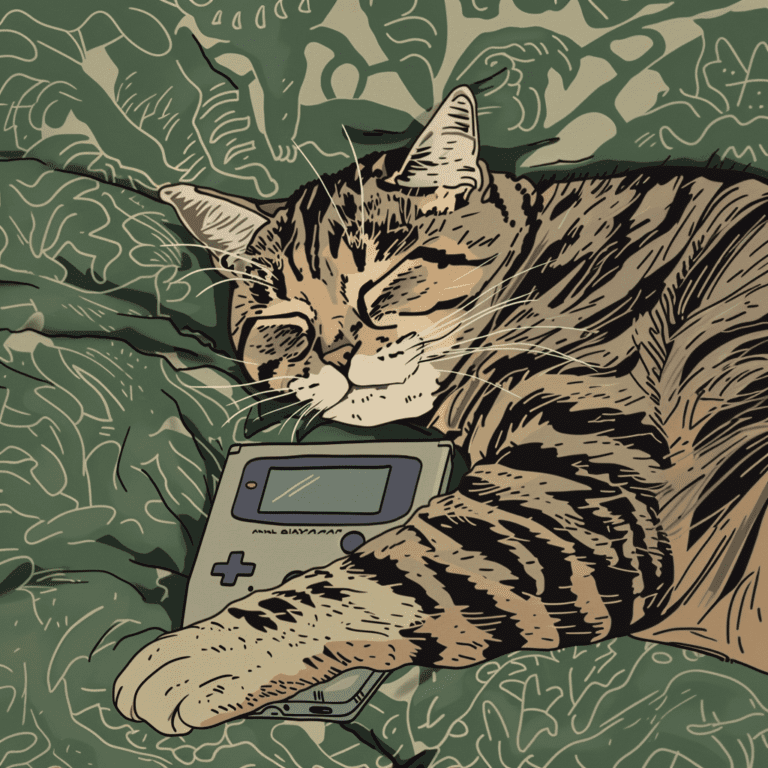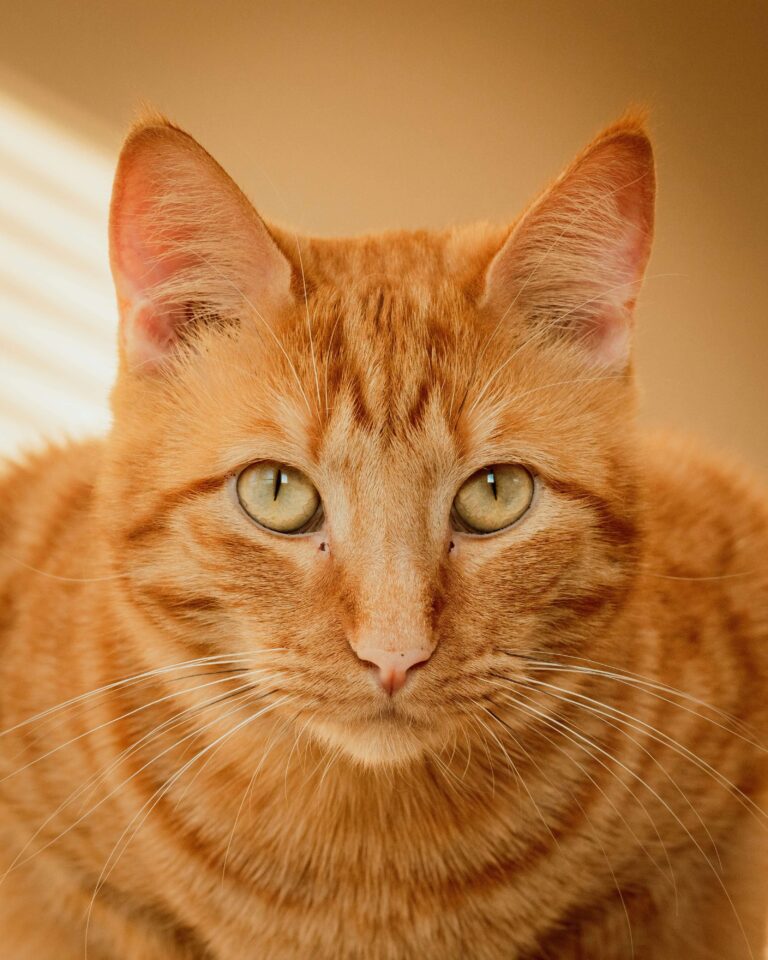Understanding Your Cat’s Water Intake: A Comprehensive Guide from a Long-Time Cat Owner
Hi there! As a long-time cat owner, I’ve seen my fair share of kitties with all sorts of quirks and health issues. Let me tell you, when it comes to cats and their water intake, it’s not always a simple matter. If you’ve got a kitty that’s suddenly turned into a water fountain enthusiast, it might be time to perk up those ears and pay attention.
When It’s Probably Nothing to Worry About
Hot Days
When it’s hotter than a tin roof in July, even indoor cats feel it. If your kitty’s lapping up more water on those scorching days, it’s usually just their way of staying cool. But if they’re still chugging like there’s no tomorrow after a few days, that’s when you might want to start wondering.
Salty Snacks
Now, I know how hard it is to resist those big ol’ eyes begging for a treat, but too many salty snacks can make a cat thirstier than a camel in the desert. If you’ve been a bit generous with the treats lately, that might explain the extra trips to the water bowl.
When It’s Time to Sit Up and Take Notice
Fever
Just like us, cats will drink more to cool down and fight off dehydration when they have a fever. If your cat feels warmer than usual and is drinking like a fish, it’s time for a vet visit.
Tummy Troubles
Bless their hearts, when cats get an upset stomach, it can lead to quite a mess. If your kitty’s having diarrhea or vomiting, they’ll naturally drink more to replace those lost fluids. But if it goes on for more than a day or two, don’t wait around – get them checked out.
Organ Issues
Now, this is where things can get serious. Kidney or liver problems can make a cat drink like there’s no tomorrow. I’ve seen it happen, and let me tell you, the sooner you get them to a vet, the better their chances.
The Big D: Diabetes
Diabetes is one of the most common reasons for excessive drinking in cats. Especially in those chubby kitties who had unlimited access to the food bowl. If your cat’s drinking more, peeing more, and maybe losing weight, don’t dilly-dally – get them to the vet pronto.
The Bottom Line
Here’s the thing, folks. Cats are masters at hiding when they’re not feeling tip-top. So when they start showing obvious signs like drinking too much, it’s often their way of waving a little red flag.
My advice? Keep an eye on that water bowl. If your kitty’s suddenly turned into a water guzzler and it lasts more than a couple of days, or if you notice any other odd behavior, don’t hesitate to get them checked out. Better safe than sorry, I always say.
Remember, you know your cat best. Trust your instincts, and when in doubt, there’s no harm in a quick chat with your vet. After all, that’s what they’re there for!
Detailed Breakdown of Potential Causes
Medical Conditions that Can Cause Increased Thirst in Cats
Kidney Disease in Cats
Kidney disease, particularly chronic kidney disease (CKD), is common in older cats and can lead to increased thirst. The kidneys become less efficient at concentrating urine, causing cats to drink more water to flush out toxins from their bodies. Symptoms include increased urination, weight loss, and lethargy.
Diabetes Mellitus in Cats
Diabetes mellitus is a condition that affects the regulation of blood sugar levels. Cats with diabetes often show signs of increased thirst, as their bodies try to compensate for the high sugar levels. Key symptoms are excessive thirst (polydipsia), increased urination (polyuria), and weight loss despite a good appetite. Concerns include “cat drinking a lot of water and peeing a lot” and “cat drinking a lot of water and meowing.”
Hyperthyroidism in Cats
Hyperthyroidism is a common endocrine disorder in older cats, where the thyroid gland produces too much hormone. This can cause a variety of symptoms, including increased thirst, weight loss, increased appetite, and hyperactivity, which relates to “why is my old cat drinking so much water.”
Behavioral Reasons for Increased Water Consumption in Cats
Diet Changes and Increased Thirst
Switching from wet food to dry food can significantly increase a cat’s water intake, as dry food contains less moisture. Cats on a dry food diet need to drink more water to stay hydrated, which can answer “why does my cat drink so much water all of a sudden.”
Stress and Anxiety in Cats
Stress or anxiety can cause behavioral changes in cats, including increased drinking. Common stressors include changes in the household, introduction of new pets or people, and loud noises or disruptions, often leading to situations where the “cat is drinking a lot of water and meowing.”
More Activity Means More Thirst
Cats that become more active or playful may need to drink more water to stay hydrated. This is especially true for young or highly energetic cats.
How to Get a Cat to Drink Water
Water Bowl Location and Cleanliness
Cats prefer fresh and clean water. If their water bowl is dirty or placed in an inconvenient location, they may avoid drinking, leading to increased thirst when they finally access clean water. This ties into concerns like “should I be concerned if my cat drinks a lot of water.”
How Temperature and Humidity Affect Thirst
Hot weather or dry indoor environments can cause cats to drink more water. Ensuring a comfortable temperature and humidity level in your home can help regulate their water intake.
Is It Normal for My Cat to Drink a Lot of Water?
Yes, it can be normal for a cat to drink more water, especially if they are on a dry food diet or live in a hot environment. However, sudden increases in water consumption should be monitored and discussed with a veterinarian to rule out underlying health issues.
Do Cats Drink More Water as They Get Older?
Yes, older cats may drink more water due to age-related health conditions such as kidney disease and hyperthyroidism. Increased water intake in older cats should be monitored, and any significant changes should be discussed with a veterinarian.
Why Is My Cat Obsessed with Water?
Cats may become obsessed with water due to curiosity, behavioral factors, or health issues. Cats naturally like running water and might be fascinated by water sources like taps or fountains. However, if this behavior is accompanied by increased drinking, it could indicate a health problem.
Do Cats Drink a Lot of Water When Stressed?
Yes, stress can cause cats to drink more water. Changes in the household, new pets, loud noises, or other stressors can lead to increased water consumption. If you notice this behavior, try to identify and reduce the source of stress.
Tips for Monitoring Your Cat’s Water Intake and Behavior
Track Your Cat’s Daily Water Intake
Measure and monitor your cat’s water consumption daily. This can help you notice any sudden changes and provide valuable information to your veterinarian, especially if you’re wondering “why is my male cat drinking so much water.”
Always Provide Fresh, Clean Water
Always ensure that your cat has access to fresh, clean water. Change the water daily and clean the bowl regularly to prevent bacterial growth.
Regular Vet Check-Ups Are Essential
Regular veterinary check-ups are essential for early detection of health issues. Your vet can provide advice on your cat’s hydration needs and address any concerns about their water intake, particularly if you notice “why is my cat drinking so much water and not eating.”
In conclusion, while it’s normal for cats to drink more water under certain conditions, sudden or excessive water consumption can be a sign of underlying health issues. Keep an eye on your kitty’s habits, and when in doubt, consult your vet. Your furry friend’s health is worth it!
Common Reasons for Increased Water Intake
Hot Weather or Increased Activity
During warmer months or after increased physical activity, it’s normal for cats to drink more water to stay hydrated.
Dietary Changes
A shift from wet to dry food can cause your cat to drink more water, as dry food has less moisture content.
Medical Conditions
Several health issues can lead to increased water intake, including:
- Diabetes: Excessive thirst (polydipsia) is a common symptom of diabetes in cats.
- Kidney Disease: Cats with kidney disease often drink more water as their kidneys struggle to function properly.
- Hyperthyroidism: This condition increases your cat’s metabolism, causing them to drink and urinate more.
Personal Stories from Cat Owners
To provide a real-world perspective, we’ve gathered some personal stories from cat owners who have experienced this issue.
Emily from California
Bella’s Summer Thirst
“Last summer, I noticed Bella, my tabby, drinking a lot more water than usual. At first, I was worried, but then I realized it coincided with the heatwave we were experiencing. I made sure to keep her water bowl filled with fresh, cool water and even added ice cubes to help keep her hydrated. Bella returned to her normal drinking habits once the weather cooled down.”
John from New York
Max’s Dietary Adjustment
“When we switched Max from wet food to dry kibble, I noticed he started drinking a lot more water. After researching, I found out that dry food contains less moisture, which made sense. I now make sure Max has access to plenty of fresh water and occasionally mix wet food into his diet to maintain a balance.”
Megan from Texas
Sammy’s Health Scare
“Sammy, my older tabby, suddenly began drinking an excessive amount of water. Alarmed, I took him to the vet, where we discovered he had diabetes. With the right treatment and dietary changes, Sammy’s condition is now managed, and his water intake has normalized. This experience taught me the importance of monitoring and responding to changes in my pet’s behavior.”
Expert Opinions
We consulted veterinarians and animal behaviorists to provide professional insights into why your cat might be drinking more water than usual.
Dr. Sarah Smith, Veterinarian
Signs of Underlying Health Issues
“Increased water intake in cats can often be a sign of underlying health issues such as diabetes, kidney disease, or hyperthyroidism. If your cat’s drinking habits change suddenly, it’s important to consult a veterinarian to rule out these conditions. Early diagnosis and treatment are crucial for managing these health issues effectively.”
Dr. James Brown, Animal Behaviorist
Behavioral and Environmental Factors
“Changes in a cat’s environment or routine can also lead to increased water consumption. Stress, anxiety, or changes in diet can all contribute to this behavior. Observing your cat’s overall behavior and any other symptoms can help determine if the increased water intake is due to environmental factors or a more serious health issue.”
Dr. Lisa Wong, Feline Specialist
Importance of Hydration
“Hydration is vital for a cat’s overall health, especially if they are eating a primarily dry food diet. However, a sudden increase in water intake should not be ignored. It’s essential to monitor your cat’s drinking habits and consult with a vet if you notice any significant changes.”
Dr. Emily Greene, Veterinary Behaviorist
Understanding Your Cat’s Needs
“Understanding your cat’s individual needs and behaviors is key to maintaining their health. Regular vet check-ups and being attentive to changes in their habits can help catch potential health issues early. Additionally, ensuring they have access to clean, fresh water at all times is crucial for their well-being.”
Practical Advice from Experts
Monitoring and Addressing Increased Water Intake
- Dr. Sarah Smith: “If you notice your cat drinking more water than usual, start by monitoring their water intake and behavior. Keep a log of how much water they are consuming and any other symptoms they might exhibit.”
- Dr. James Brown: “Consider any recent changes in your cat’s diet, environment, or routine that could contribute to their increased thirst. Sometimes, simple adjustments can resolve the issue.”
Consulting a Veterinarian
- Dr. Lisa Wong: “Schedule a vet appointment if your cat’s increased water intake persists. The vet can perform necessary tests to determine if there are any underlying health issues that need to be addressed.”
- Dr. Emily Greene: “Provide your vet with detailed information about your cat’s drinking habits, diet, and any other changes you’ve noticed. This information will help them make an accurate diagnosis.”
Why Is My Male Cat Drinking So Much Water?
When a male cat starts drinking an unusually large amount of water, it’s important to consider several potential reasons. Increased water consumption, also known as polydipsia, can be a symptom of various underlying conditions. Here’s a detailed exploration of the possible causes and what you can do about it.
Common Reasons for Increased Water Intake in Male Cats
Medical Conditions
Diabetes Mellitus
Diabetes is a common condition in older male cats, causing them to drink more water and urinate more frequently. The disease affects the body’s ability to regulate blood sugar levels, leading to increased thirst.
Symptoms to watch for:
- Increased urination
- Weight loss despite a good appetite
- Lethargy
Kidney Disease
Chronic kidney disease is another prevalent issue in older male cats. The kidneys lose their ability to concentrate urine, causing the cat to drink more water to compensate.
Symptoms to watch for:
- Increased urination
- Poor appetite
- Weight loss
- Vomiting
Hyperthyroidism
Hyperthyroidism occurs when the thyroid gland produces excessive hormones, speeding up the metabolism. This can lead to increased thirst and urination.
Symptoms to watch for:
- Increased appetite
- Weight loss
- Restlessness
- Increased urination
Behavioral and Environmental Factors
Hot Weather or Increased Activity
If the weather is hot or your cat has been more active than usual, it might naturally drink more water to stay hydrated.
Dietary Changes
Switching from wet to dry food can lead to increased water intake, as dry food contains less moisture.
Stress and Anxiety
Changes in your cat’s environment, such as a new pet, moving house, or even changes in your routine, can cause stress. Stress can sometimes lead to increased drinking as a coping mechanism.
What You Can Do
Monitor and Record
Keep a close eye on your cat’s drinking habits. Note how much water he consumes in a day and any other changes in behavior, appetite, or urination. This information can be valuable for your vet.
Provide Fresh Water
Ensure your cat always has access to fresh, clean water. Some cats prefer running water, so a pet water fountain might encourage healthy drinking habits.
Consult Your Veterinarian
If your cat’s increased water intake persists, schedule a vet appointment. Provide your vet with detailed information about your cat’s drinking habits, diet, and any other changes you’ve observed. The vet may perform tests, such as blood work and urinalysis, to diagnose the underlying cause.
Follow Treatment Plans
Depending on the diagnosis, follow your vet’s treatment recommendations. Conditions like diabetes and kidney disease require ongoing management, including medication, dietary changes, and regular vet visits.
Expert Opinions
Dr. Sarah Smith, Veterinarian
Importance of Early Detection
“Increased water intake in male cats can often indicate serious health issues. Early detection and treatment are crucial. If you notice significant changes in your cat’s drinking habits, don’t delay in seeking veterinary advice.”
Dr. James Brown, Animal Behaviorist
Behavioral Observations
“While medical issues are a common cause, don’t overlook behavioral factors. Stress and environmental changes can also lead to increased water consumption. Understanding your cat’s overall behavior and environment is key to addressing the issue.”
Dr. Lisa Wong, Feline Specialist
Hydration Needs
“Ensure your cat stays well-hydrated, especially if they are on a dry food diet or live in a hot climate. However, sudden increases in water intake should be evaluated by a vet to rule out any serious conditions.”
By understanding the potential causes and seeking timely veterinary care, you can help ensure your male cat remains healthy and well-hydrated. Monitoring your cat’s water intake and overall behavior is crucial in identifying and addressing any underlying health issues.
Why Is My Female Cat Drinking So Much Water?
When a female cat starts drinking an unusually large amount of water, it’s important to consider several potential reasons. Increased water consumption, also known as polydipsia, can be a symptom of various underlying conditions. Here’s a detailed exploration of the possible causes and what you can do about it.
Common Reasons for Increased Water Intake in Female Cats
Medical Conditions
Diabetes Mellitus
Diabetes is a common condition in older female cats, causing them to drink more water and urinate more frequently. The disease affects the body’s ability to regulate blood sugar levels, leading to increased thirst.
Symptoms to watch for:
- Increased urination
- Weight loss despite a good appetite
- Lethargy
Kidney Disease
Chronic kidney disease is another prevalent issue in older female cats. The kidneys lose their ability to concentrate urine, causing the cat to drink more water to compensate.
Symptoms to watch for:
- Increased urination
- Poor appetite
- Weight loss
- Vomiting
Hyperthyroidism
Hyperthyroidism occurs when the thyroid gland produces excessive hormones, speeding up the metabolism. This can lead to increased thirst and urination.
Symptoms to watch for:
- Increased appetite
- Weight loss
- Restlessness
- Increased urination
Behavioral and Environmental Factors
Hot Weather or Increased Activity
If the weather is hot or your cat has been more active than usual, it might naturally drink more water to stay hydrated.
Dietary Changes
Switching from wet to dry food can lead to increased water intake, as dry food contains less moisture.
Stress and Anxiety
Changes in your cat’s environment, such as a new pet, moving house, or even changes in your routine, can cause stress. Stress can sometimes lead to increased drinking as a coping mechanism.
What You Can Do
Monitor and Record
Keep a close eye on your cat’s drinking habits. Note how much water she consumes in a day and any other changes in behavior, appetite, or urination. This information can be valuable for your vet.
Provide Fresh Water
Ensure your cat always has access to fresh, clean water. Some cats prefer running water, so a pet water fountain might encourage healthy drinking habits.
Consult Your Veterinarian
If your cat’s increased water intake persists, schedule a vet appointment. Provide your vet with detailed information about your cat’s drinking habits, diet, and any other changes you’ve observed. The vet may perform tests, such as blood work and urinalysis, to diagnose the underlying cause.
Follow Treatment Plans
Depending on the diagnosis, follow your vet’s treatment recommendations. Conditions like diabetes and kidney disease require ongoing management, including medication, dietary changes, and regular vet visits.
Expert Opinions
Dr. Sarah Smith, Veterinarian
Importance of Early Detection
“Increased water intake in female cats can often indicate serious health issues. Early detection and treatment are crucial. If you notice significant changes in your cat’s drinking habits, don’t delay in seeking veterinary advice.”
Dr. James Brown, Animal Behaviorist
Behavioral Observations
“While medical issues are a common cause, don’t overlook behavioral factors. Stress and environmental changes can also lead to increased water consumption. Understanding your cat’s overall behavior and environment is key to addressing the issue.”
Dr. Lisa Wong, Feline Specialist
Hydration Needs
“Ensure your cat stays well-hydrated, especially if they are on a dry food diet or live in a hot climate. However, sudden increases in water intake should be evaluated by a vet to rule out any serious conditions.”
By understanding the potential causes and seeking timely veterinary care, you can help ensure your female cat remains healthy and well-hydrated. Monitoring your cat’s water intake and overall behavior is crucial in identifying and addressing any underlying health issues.
10. Conclusion
Understanding why your cat is drinking more water than usual is crucial for their health. Increased water consumption can be due to medical conditions, behavioral changes, or environmental factors. By monitoring your cat’s water intake and consulting with a veterinarian, you can ensure they stay healthy and hydrated. If you notice significant changes in your cat’s drinking habits, seek veterinary advice to rule out any underlying health issues. Early intervention is key, especially in cases like a “dying cat drinking lots of water.”
People Also Ask
Should I be concerned if my cat drinks a lot of water?
Yes, if you notice a sudden increase in water consumption, it could indicate health issues such as kidney disease, diabetes mellitus, or urinary tract infections. Monitoring and consulting a veterinarian is advisable.
Why does my cat want to drink water all the time?
Constant thirst can be a symptom of several conditions, including diabetes mellitus, chronic kidney disease, and liver disease. It’s important to observe any additional symptoms and seek veterinary advice.
Do cats drink more water as they get older?
Yes, older cats may drink more water due to age-related health conditions like kidney disease, diabetes, or hyperthyroidism. Regular veterinary check-ups can help manage these conditions.
How much water should a cat drink per day?
A cat should drink approximately one ounce (30 ml) of water per pound of body weight daily. This intake can vary depending on their diet, especially if they eat dry food, which may increase their thirst.
Why is my cat drinking so much water?
Increased thirst can be a sign of several health issues, including kidney disease, diabetes mellitus, and urinary tract infection. It’s crucial to monitor other symptoms and consult with a veterinarian for a proper diagnosis.
Why is my cat drinking so much water and not eating?
This could indicate a serious health problem such as liver disease, kidney disease, or diabetes. A decrease in appetite combined with increased thirst warrants immediate veterinary attention.
Why is my cat drinking so much water and throwing up?
Increased water consumption and vomiting can be symptoms of a range of health issues, including kidney disease or a gastrointestinal disturbance. It’s important to get your cat examined by a veterinarian to determine the cause.
Why is my cat drinking so much water and peeing a lot?
These symptoms are often related to conditions that increase thirst and urine production, such as diabetes mellitus or kidney disease. A vet can conduct tests to identify the issue and recommend treatment.
Why is my cat drinking so much water after surgery?
Increased thirst after surgery can be normal as your cat’s body recovers. However, if excessive drinking continues, it might be a response to medications or an underlying issue. Keep your vet informed of any concerns.
Why does my cat drinking so much water?
Cats may drink excessive water due to several health conditions, including diabetes, kidney disease, and urinary tract infections. Observing any changes in water intake and consulting a veterinarian is important for your cat’s health.
